CANIBA
Directed by Véréna Paravel, Lucien Castaing-Taylor
CANIBA
UltraStar Mission Valley
Saturday, Nov 11, 2017 9:45PM
Description
Special Jury Prize, Orizzonti, 2017 Venice Film Festival
Official Selection, 2017 New York Film Festival
For those who can see it – or who dare see it – CANIBA is surely to be the most talked-about documentary of the year, a small, intimate film that triggers lifetimes of scalding hurt. It is ethically demanding, physically taxing, and formally challenging.
While studying at the Sorbonne in 1981, Issei Sagawa raped, killed, and ate a classmate. Declared insane and shipped back to Japan, Issei spent the following decades exploiting his notoriety, writing books, drawing manga, working in pornography, and even becoming a food critic. Now he is the subject of the latest documentary by Véréna Paravel and Lucien Castaing-Taylor, a project that gets this backstory out of the way in the opening title cards and an introductory audio clip. For the rest of the film, we simply share a space with Issei and his brother today at home. It is a space we cannot take lightly, but which we don’t fully glimpse. All we can see are close ups, mostly of Issei’s face, scarred and numbed, features slipping in and out of focus. These are the eyes that witnessed the cruelest acts imaginable. This is the mouth that fulfilled an atrocity.
If Paravel and Castaing-Taylor (Sweetgrass, Leviathan) are known for their kinetic, grandiose canvases, here their landscape is a hell of a face, camera lingering just beneath the nose. CANIBA has been rightfully controversial for showcasing a monster. After all, we first encounter Issei through the salacious sounds of him slurping a meal, and there is an unceasingly grotesque scene sure to be the most horrifying of the year. Is this exploitation? But if so, who’s exploiting whom? Paravel and Castaing-Taylor invite these questions while provoking our own capacity to bear witness. They aren’t humanizing a cannibal; they are corporealizing him, tracing his physicality, acknowledging his presence, a presence that is, if anything else, inerasable. And in doing so, they activate and pay tribute to the audience’s inerasable corporeality – our own eyes, our own ears, our own skin. –Brian Hu
You May Also Be Interested In...
Dates & Times
CANIBA
UltraStar Mission Valley
Saturday, Nov 11, 2017 9:45PM

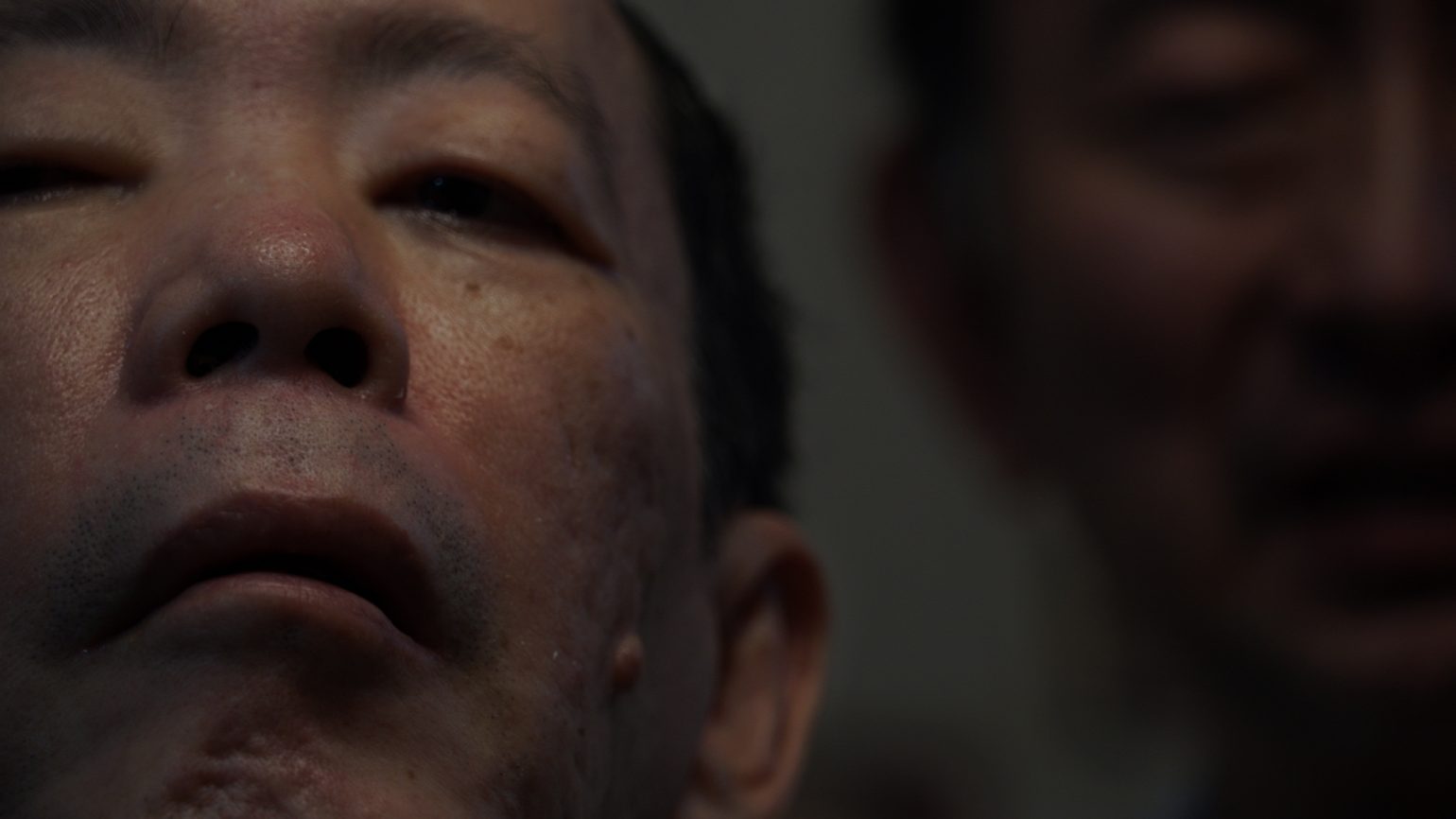
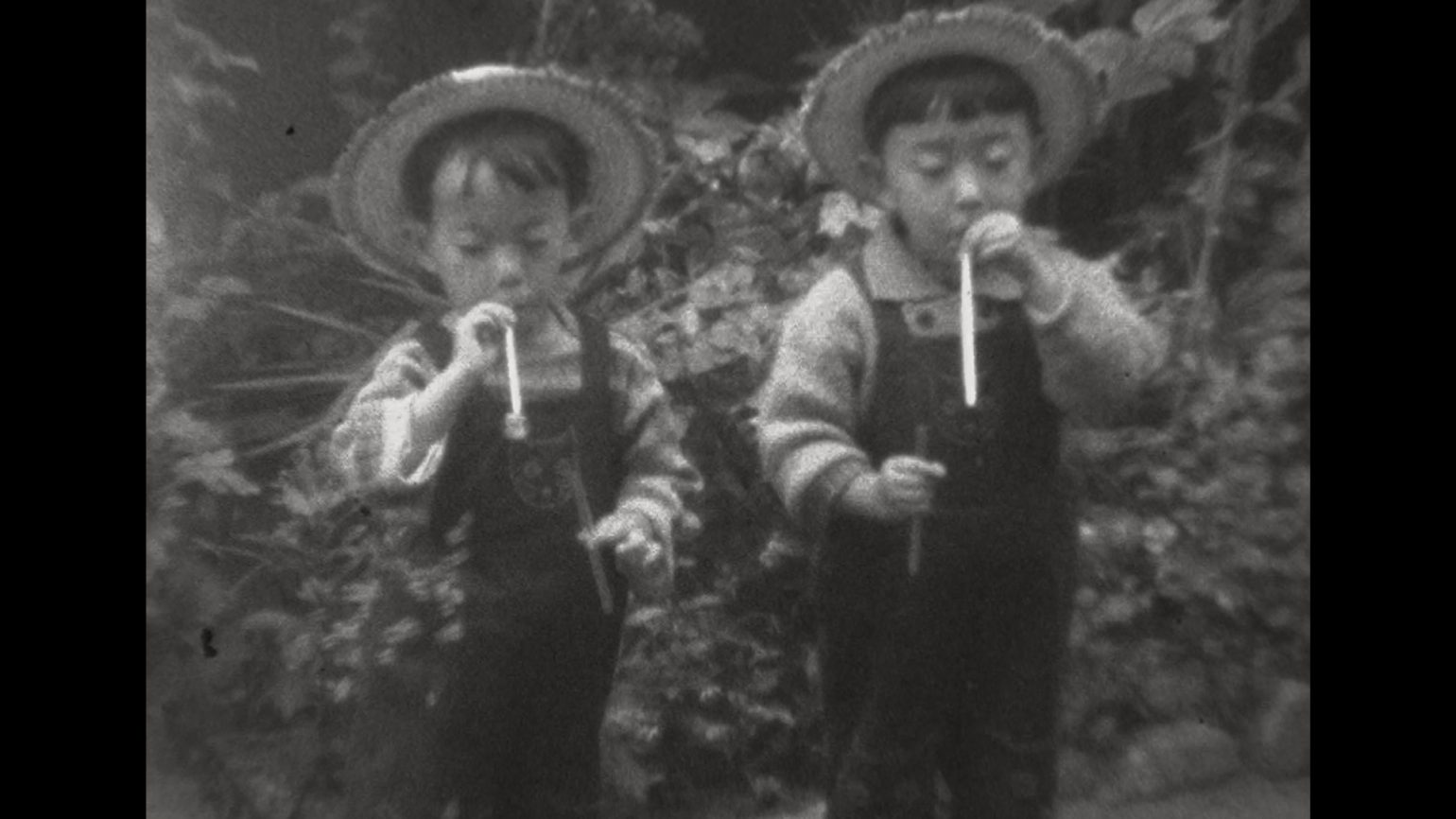
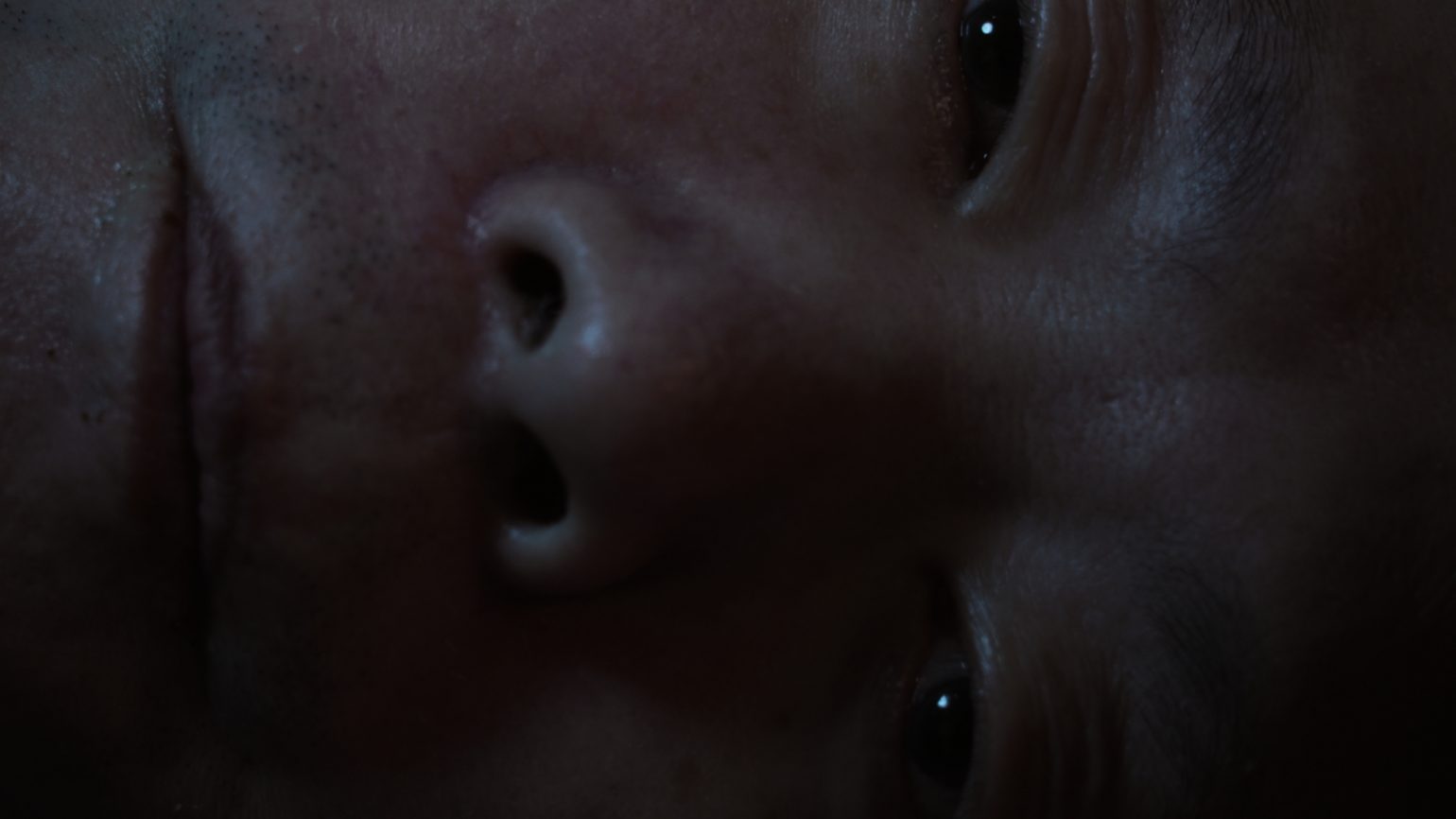
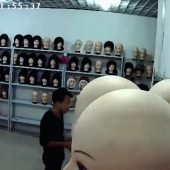
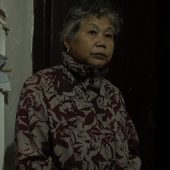














Follow Us!